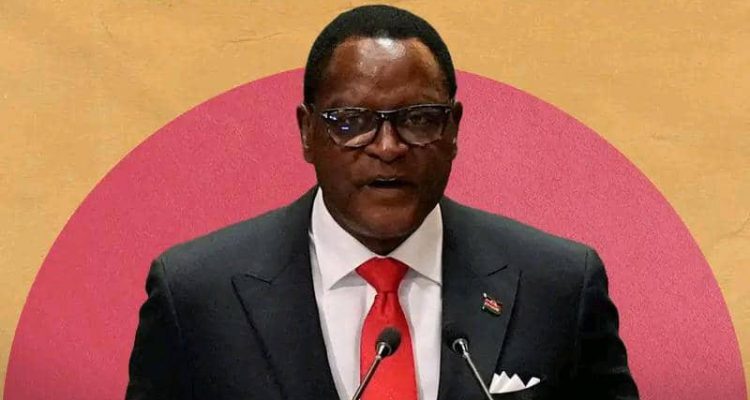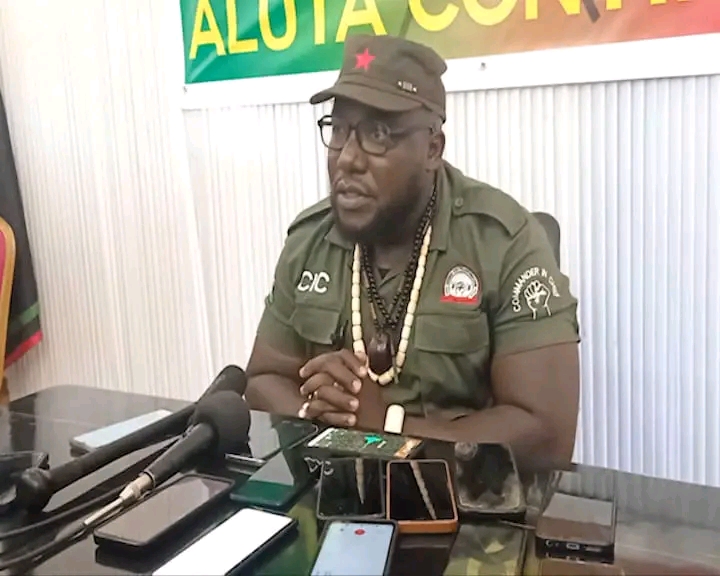
As the Malawi Electoral Commission (MEC) Chairperson and the daughter of late John Tembo, a veteran of the Malawi Congress Party (MCP), Anabel Ntalimanja’s competence of managing the 2025 general elections has raised dire concerns. This perception that MEC is not independent is unfortunately raising questions about the openness, fairness, and integrity of the 2025 general elections.
What is further mindboggling is that President Chakwera failed to renew Chifundo Kachale’s contract whose management of elections competently ushered the aforementioned reverend into power.

There are concerns from the general pubic that some key positions within the MEC, including the Chief Executive Officer, Andrew Mpesi, are occupied by MCP sympathizers. This perception is most likely going to further erode public confidence in the commission’s ability to conduct free and fair elections. Truth be told, the independence of electoral bodies is crucial for maintaining the legitimacy of the electoral process.
The strategic transfer of District Commissioners (DCs), who often serve as returning officers during elections, raises concerns about the potential manipulation of election outcomes. There is a great suspicion that these officials are being moved in a way that favors the ruling Malawi Congress Party (MCP). This move will likely compromise the integrity of the electoral process.
Similar to the transfers of DCs, the movement of primary school teachers who also assist in managing polling stations is again being seen as a tactic to influence election results. Unfortunately, these individuals are being perceived to be aligned with either the ruling MCP or the main opposition party DPP. This will likely lead to biased management of the electoral process at the grassroots level.
The decision to use the Smartmatic system which has faced controversies in other countries such as Mozambique raises questions about the reliability and transparency of the electoral process.
Critics argue that past issues with the system lead to doubts about the legitimacy of the election results, especially when MEC has not articulated clear measures put in place to ensure accountability and transparency.

In fact, one renowned human rights activist, Timothy Mtambo was baffled at the decision by Chakwera government to abandon the electronic electoral system that put him into power only to later opt for the controversial smartmatic system.
The distribution of advanced technology and equipment to areas that are strongholds of the ruling Malawi Congress Party (MCP) is being perceived as an attempt to manipulate the electoral process. It is on record that the central region received better gadgets than the northern and southern regions. This approach has created an uneven playing field thereby undermining the fairness of the election.
The refusal to allow an independent ICT audit of the Malawi Electoral Commission (MEC) processes has brewed suspicions among the electorate about the integrity of the electoral system. Transparency is crucial in building public trust, and without an independent audit, stakeholders will be justified to question the accuracy of the election results.
The failure to address allegations of registering under-aged citizens is a significant concern. If these claims are not properly handled, they may undermine the legitimacy of the voter rolls and the overall electoral process. Addressing such allegations is essential to ensure that all voters are eligible and that the election reflects the will of the people.
Saulos Chilima, who was Chakwera’s running mate in the 2020 fresh presidential elections and served as Vice President, played a significant role in bringing Chakwera to power. With Chilima’s sudden death in a plane crash under Chakwera’s watch, many political analysts suggest that Chakwera may feel increasingly isolated. This situation may lead him to adopt more desperate measures to secure his incumbent position.
Allegations of double registration and the malicious deletion of voters from MEC database has undermined public confidence in the electoral process especially in the wake of MEC’s refusal to conduct an independent ICT audit of the voter registration process.
To address these concerns, it would be essential for the Chakwera government and the MEC to proactively take steps to ensure transparency and independence in the electoral process.
Furthermore, it is also of paramount importance that all opposition parties in Malawi must speak with one voice to proactively assert their role of a watchdog towards the electoral process so that 2025 tripartite general elections are free, fair, transparent and credible. Together we can!!
Lastly but not least, the role of international observers and organizations is also significant in the lead-up to the elections.
If the opposition parties can prove that there are credible substantiated incidents of electoral fraud or manipulation, international pressure can proactively mount on Chakwera’s government to ensure a fair and transparent electoral process. In simple terms, prevention is better than cure.














